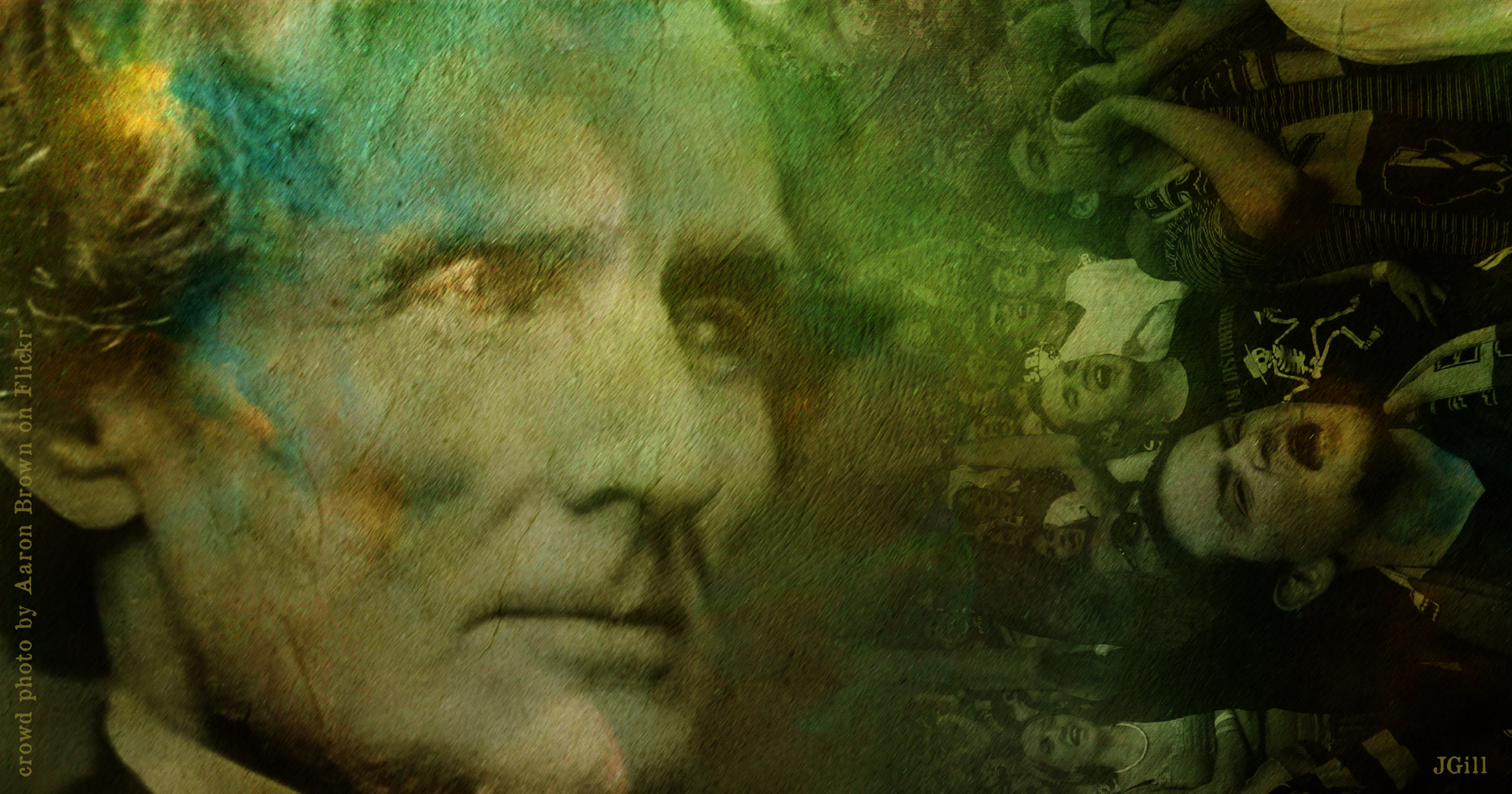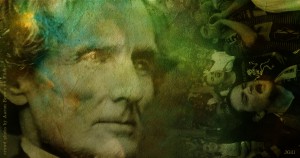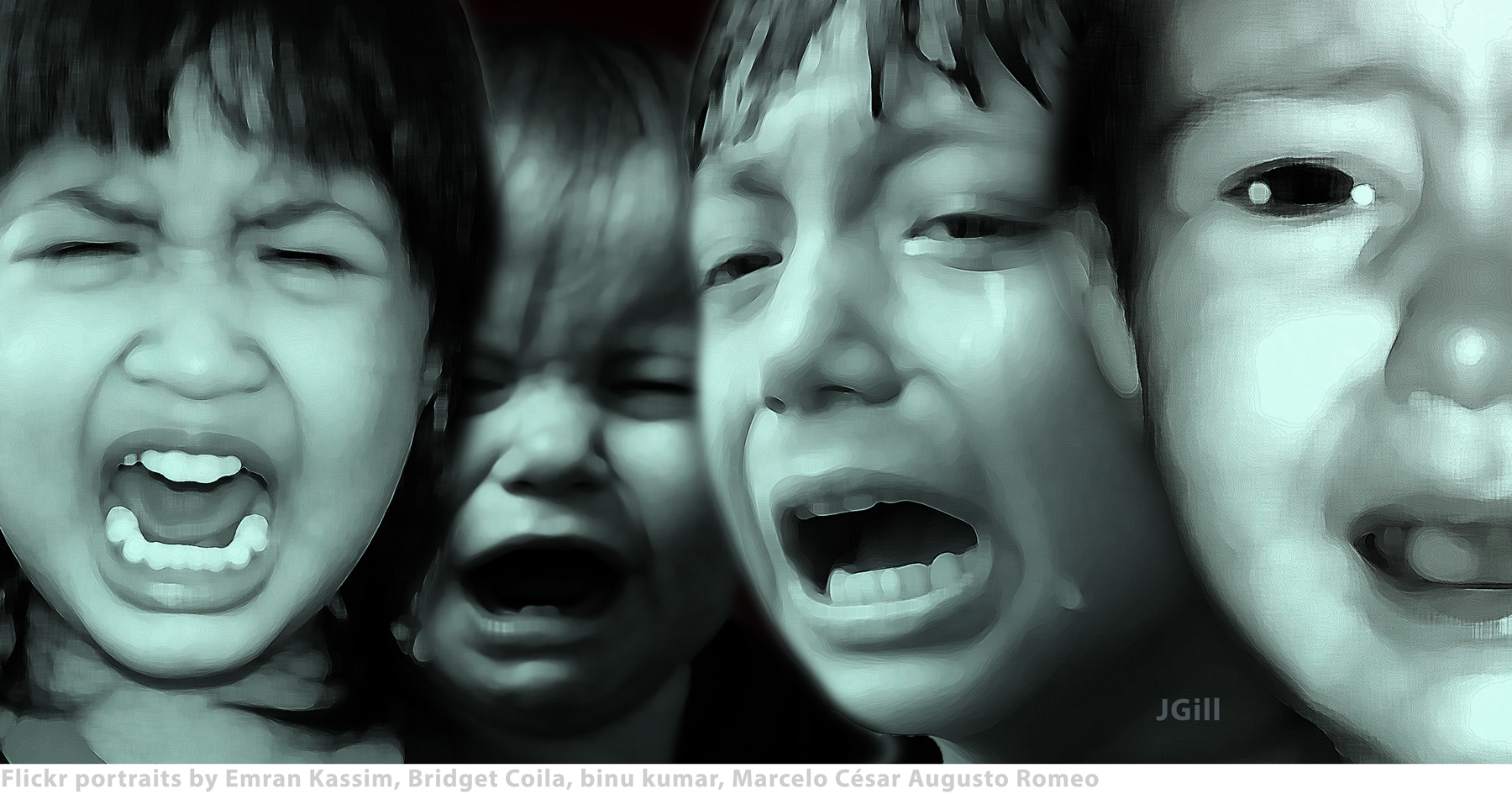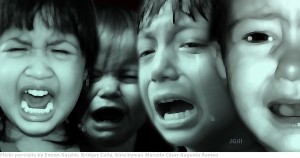As America stands upon a precipice of insolvency, as southern European nations undergo the spasms of sovereign debt catastrophe, as many of our citizens call the Chinese devaluations of their money “currency wars,” obsessing about political symbolism seems . . . a tad . . . trivial.
First it was the Confederate Flag. Now it’s Jefferson Davis.
He’s dead. And as a result of his 126 years in the “post-living” state, he quite literally doesn’t matter for the future of the United States.
And yet the Confederacy’s president (1861-1865) is in the news again. As Charles Paul Freund relates at Reason, the dead rebel prez has been having a figurative “bad summer.” How? The University of Texas has decided to move his statue into a museum, away from public eyes; some Georgians want to obliterate the Stone Mountain tableau that features Davis along with Stonewall Jackson and Robert E. Lee; there’s talk of renaming Virginia’s “Jefferson Davis Highway”; etc.
Davis died unrepentant, refusing to ask Congress for a pardon for his part in the Confederacy after the secessions of 1860 and ’61. And yet he was pardoned in 1978, posthumously, by the Democratic Congress and President Jimmy Carter, who yammered on in a Fordian “long national nightmare is over” fashion, saying the pardon would, at long last, “clear away the guilts and enmities and recriminations of the past.”
I’m not convinced it did a thing.
And about the current proposals? I don’t think any highway should be named after any politician. Of the other ideas, I don’t really care. Much.
Nevertheless, fights over political symbols have long been important. Why? My guess: to deflect our attention — away from the future, and to the past.
This is Common Sense. I’m Paul Jacob.






 They’re inevitable when you have a government-run school system that “services” a wide diversity of “clients.” The only real solution is to stop having the government run the schools. If you must support education with tax money, give vouchers to poor people. That would let a diversity of tutors and schools compete for parents’ and students’ attention . . . perhaps sometimes by catering to fears of dinosaurs, Halloween and dancing.
They’re inevitable when you have a government-run school system that “services” a wide diversity of “clients.” The only real solution is to stop having the government run the schools. If you must support education with tax money, give vouchers to poor people. That would let a diversity of tutors and schools compete for parents’ and students’ attention . . . perhaps sometimes by catering to fears of dinosaurs, Halloween and dancing.